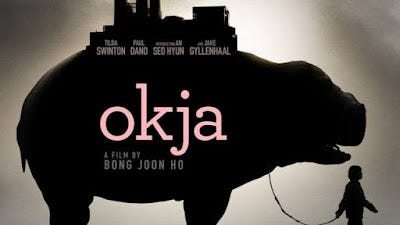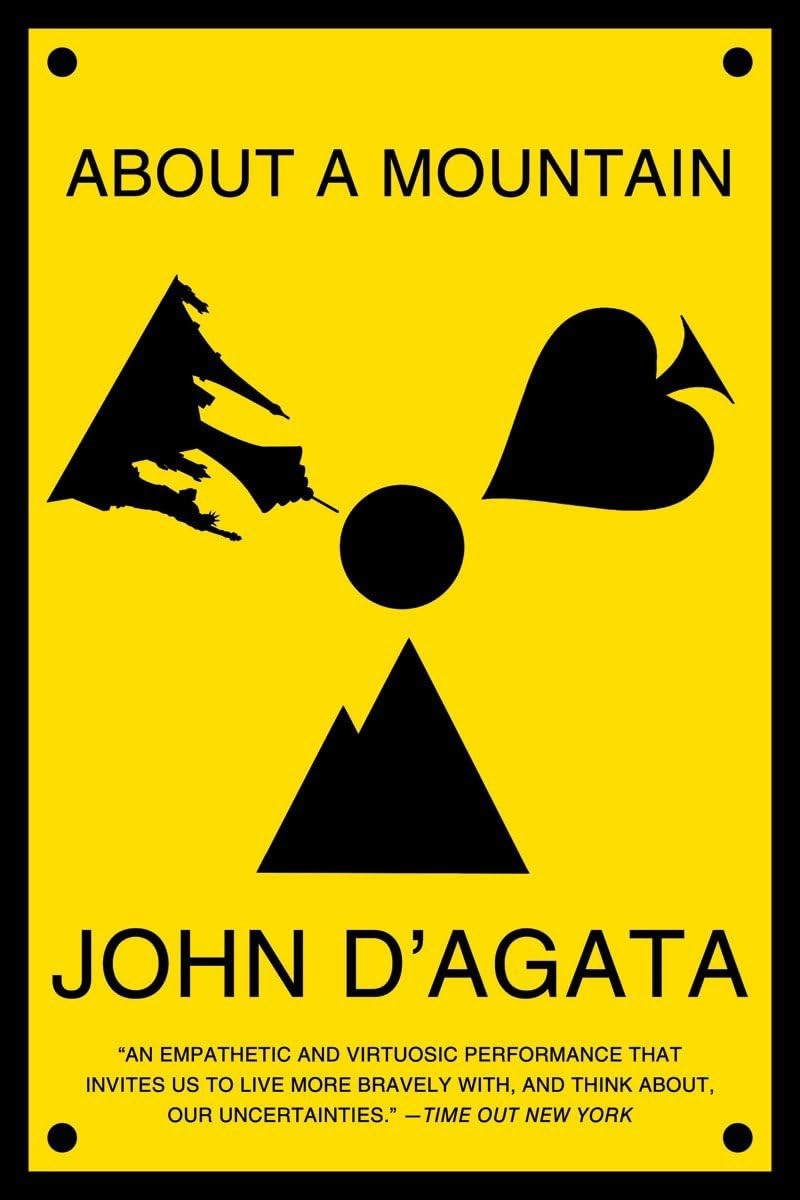Meeting Today
Authors' Meeting
Tuesday, March 25 · 5:00PM PST - 6:00PM MST - 7:00PM CST - 8:00PM EST
Video call link: https://meet.google.com/vbr-yexz-qsa
THOUGHTS:
Can you write an “almost true” book?
I looked over the cover of the yellow book I found in a Little Free Library to search for words like “fiction” or “nonfiction,” “novel” or “journalism.” The closest I came was the word “cultural studies” over the bar code. Seems like that means “nonfiction.”
I looked in the front and back for notes and found one saying that some of the characters in the book are “composite characters” and that it was implied that this story takes place over one summer, but it took much longer. “For dramatic effect only.”
I had picked it up hoping it would be about hiking or nature based on the title, and it wasn’t, but I read it anyway. It was About a Mountain by John D’Agata. It was not perfect, but it was amazing in a lot of ways, and I recommend reading it, especially if you live in Las Vegas. It was so easy to read, yet I was so engaged and challenged to draw conclusions and reactions from shocking facts and numbers. The prose was artsy and clever and fearless, yet I felt like almost every paragraph would have required a solid day of research and fact-checking each because it’s so dense with information.
Still, I found myself thinking the experience of reading it would be better if it hadn’t taken these small liberties with the truth. I wish it was just true.
Is “based on a true story” a get-out-of-jail-free card?
One of the most common questions I see in writing groups, especially for memoirs, is, “How do I avoid getting sued for talking shit about people in my book?” A common answer to this question: “Just say it’s only based on a true story!” (It’s not as common for people to suggest things like “try to keep it true” or “don’t commit libel,” but whatever…)
Problem solved, right? Could be.
Sure, you can go that route of fictionalizing your story—there are lots of good books that are only based on true stories or that are fiction with some grains of truth. Graphic novel author/artist Alan Moore’s book V for Vendetta says, “Artists use lies to tell the truth.” I think Netflix’s Don’t Look Up and OKJA are fantastic false stories that illustrate real issues.

Yet, you lose something important as a story goes from true to true-ish. As I read About a Mountain, I couldn’t help but think about that note in the back, which stopped me from being fully immersed in the points the author was making. I frequently went, “Oh my god! Wait—I shouldn’t react or add that to my impression of the world or remember it or research it further; it could be one of those non-facts added for dramatic effect.”
For instance, there is a person in the book who appears in public to rigorously defend Las Vegas against a nuclear waste storage project. Then it turns out he had accepted money to protect said project. I thought, “Oh my god, what an upsetting example of the two-faced corruption in politics! Wait—maybe those were two different people doing these things, smooshed together in a hypocritical composite character. Never mind, this isn’t necessarily a true example of corruption; maybe this didn’t and wouldn’t happen.” (They were, in fact, the same person, and it did happen, but it didn’t register as well because I wasn’t sure as I read it.)
It’s sort of tragic that I had to think this because it’s overall extremely well-researched. D’Agata also co-wrote a whole book called The Lifespan of a Fact, which is a book-length debate with a fact-checker about how important those little things are. This post goes into About a Mountain’s leniency with facts more critically.
To be fair, the back of the book was full of notes, so you could look up how truthful things were. I can’t and won’t accuse the author of being a liar; he fully disclosed these things, as well as where he got the information and any caveats needed.
But I don’t want to look everything up, I want to be able to trust the author, and only look further into things if and when I want more detailed information or maybe some valid caveats.
So, “don’t worry, I clarified that some things are made-up” and “don’t worry, it’s only based on a true story” and “don’t worry, I filed this under fiction” are not free passes that will allow your book to be just as impactful and as important without the rigor, accuracy, and honesty.
They are sacrifices. If you’re going to do that, you better be able to make up for that loss in spades with insanely good fiction writing—or be willing to publish a book that’s just not as good as it would have been otherwise.





